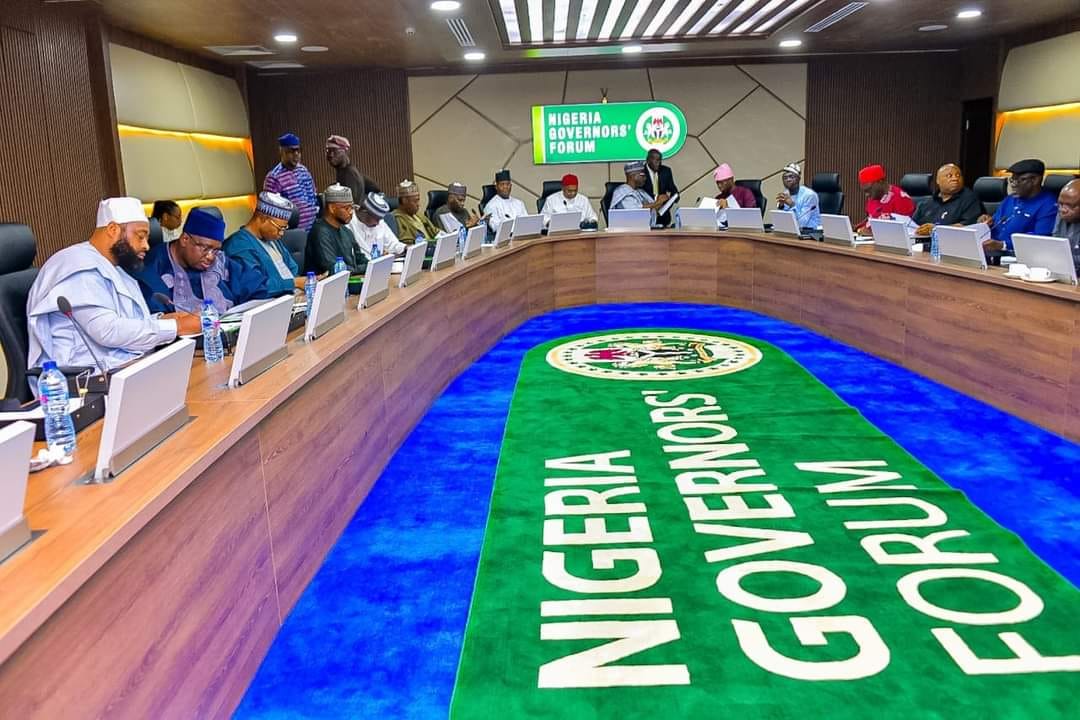Obinna Chima
When Mr. Olayemi Cardoso assumed office as Governor of the Central Bank of Nigeria (CBN) in September 2023, he made clear his resolve to refocus the apex bank on the path of orthodox monetary policy.
True to his words, since then, the central bank has continued to roll out policies focused on strengthening banks’ capital buffers, curbing regulatory forbearance, financial system stability and price stability. This has also seen the regulatory body stepping back from direct development finance interventions, which some of his predecessors were heavy on. As a result of that decision, initiatives such as the Anchor Borrowers’ Programme (ABP), among others, were suspended, at a time when the country badly needed to shore up farming activities to provide livelihood for most of its rural poor, support job creation and food security.
In Nigeria, farming is more than just an economic sector; it’s the lifeblood of livelihoods, a cultural cornerstone, and the bedrock of sustenance. For decades, rural agriculture suffered from inefficiencies such as a lack of access to quality seeds, poor distribution networks, limited investment opportunities, and difficulty in obtaining other farm inputs. Millions of smallholder farmers continue to struggle to sustain their livelihoods, owing to changing weather patterns, poor market access, among others. Owing to that, the country’s teeming natural resources and agricultural potential continue to face formidable challenges in harnessing its agricultural prowess to ensure both food security and prosperity.
To achieve food security, boost agricultural productivity, especially among smallholder rural farmers and fight poverty, the ABP was introduced in 2015, under the administration of late former President Muhammadu Buhari.
Launched by the CBN under its former Governor, Godwin Emefiele, in an All Progressives Congress (APC) administration, the ABP was introduced to provide smallholder farmers with access to credit and inputs to boost local production, particularly of staple crops such as rice, maize, and cotton. The programme was a major pillar in Nigeria’s push for agricultural self-sufficiency. While it was operational, the ABP reportedly recorded successes.
It was designed to link smallholder farmers to larger buyers or processors and to channel bank credit into farming. Its stated goals included creating an ecosystem that connects producers with markets, increasing commercial bank lending to agriculture, boosting capacity utilisation in agri-business, raising farmers’ productivity and incomes, and reducing rural poverty.
Part of its guidelines stipulate that upon harvest, benefiting farmers are to repay their loans with produce (which must cover the loan principal and interest) to an anchor, who pays the cash equivalent to the farmer’s account. The scheme provided in-kind and cash loans for inputs (seed, fertilizer, etc.) through participating banks. Small farmers join organised groups under an Anchor, typically a large processor, commodity association, or state programme, which guarantees an off-take market for their crops. According to CBN’s data, more than four million farmers benefited across 21 agricultural commodities. Rice production in Nigeria reportedly increased from five million metric tonnes to about eight million tonnes within six years, while rice importation dropped by nearly 50 per cent. Additionally, the number of mega rice mills in the country grew to around 50.
With the CBN scaling back on its development finance initiatives, the logical next step would have been for the Federal Ministry of Agriculture and Food Security to step forward and take ownership of the ABP, institutionalise its gains, and continue supporting smallholder farmers under a more transparent, budget-driven structure, to support the country’s quest for food security.
Yet, for almost two years after its suspension by the CBN, the Agric Ministry has failed to act decisively. No credible framework has been unveiled to absorb the programme, and the vacuum left behind has continued to hurt Nigeria’s agricultural value chain.
Farmers who once relied on seasonal support through the CBN’s intervention have been abandoned, and input suppliers have scaled down operations.
The ABP, a key initiative that once linked finance with food security, has effectively ended, raising concerns of policy inconsistency in the country.
This clearly, is another story of how policy inconsistency and institutional fragmentation continue to undermine Nigeria’s economic development. Countries that have lifted millions from poverty, built competitive economies, and achieved political stability, did so by adhering to long-term, consistent policies, regardless of whether they liked the face of the initiator or which administration introduced them.
Despite the drop in the food inflation rate to 16.87 percent on a year-on-year basis in September 2025, due to the effects of the rebasing, according to the National Bureau of Statistics, the country’s food affordability crisis remains acute. Today, poor households spend up to 70 per cent of their income on food as the price of basic food basket has risen significantly.
The World Bank, in its latest report on Nigeria, revealed that 139 million Nigerians still live in poverty, amid food inflation and insecurity.
“Food inflation affects everyone, but hits the poor the hardest. It also threatens to undermine political support for reforms,” the bank stated, stressing the need to introduce initiatives to fight poverty.
Therefore, reviving and properly managing the ABP under the Ministry of Agriculture becomes paramount because this programme has the potential to contribute to poverty eradication, transforming Nigeria’s rural economy by empowering smallholder farmers and boosting food production.
The insurance sector has also been negatively affected by the failure to sustain this programme. This is evident in the poor performance recorded by the agriculture insurance sector. Agriculture insurance, a critical risk management tool that helps farmers avoid financial losses and keep their businesses running, has declined since the suspension of the ABP.
From the foregoing, while the ABP may not have been perfect, it was one of the initiatives by the government that recorded significant success in enhancing crop output among beneficiaries, particularly in the rice farming sector, indicating a positive contribution to agricultural productivity. That is why (is) ITS neglect by the Ministry of Agriculture is disturbing. As Nigeria grapples with food inflation, poverty, and shrinking household income, reconsidering the ABP will go a long way to support food security in the country.
The CBN has done the right thing by returning to orthodox monetary policy. It is now left for the Ministry of Agriculture to step forward to fill this gap by adopting this programme, and through development finance institutions such as the Bank of Agriculture and the Bank of Industry, rekindle hope to small-scale farmers scattered all over the country.



